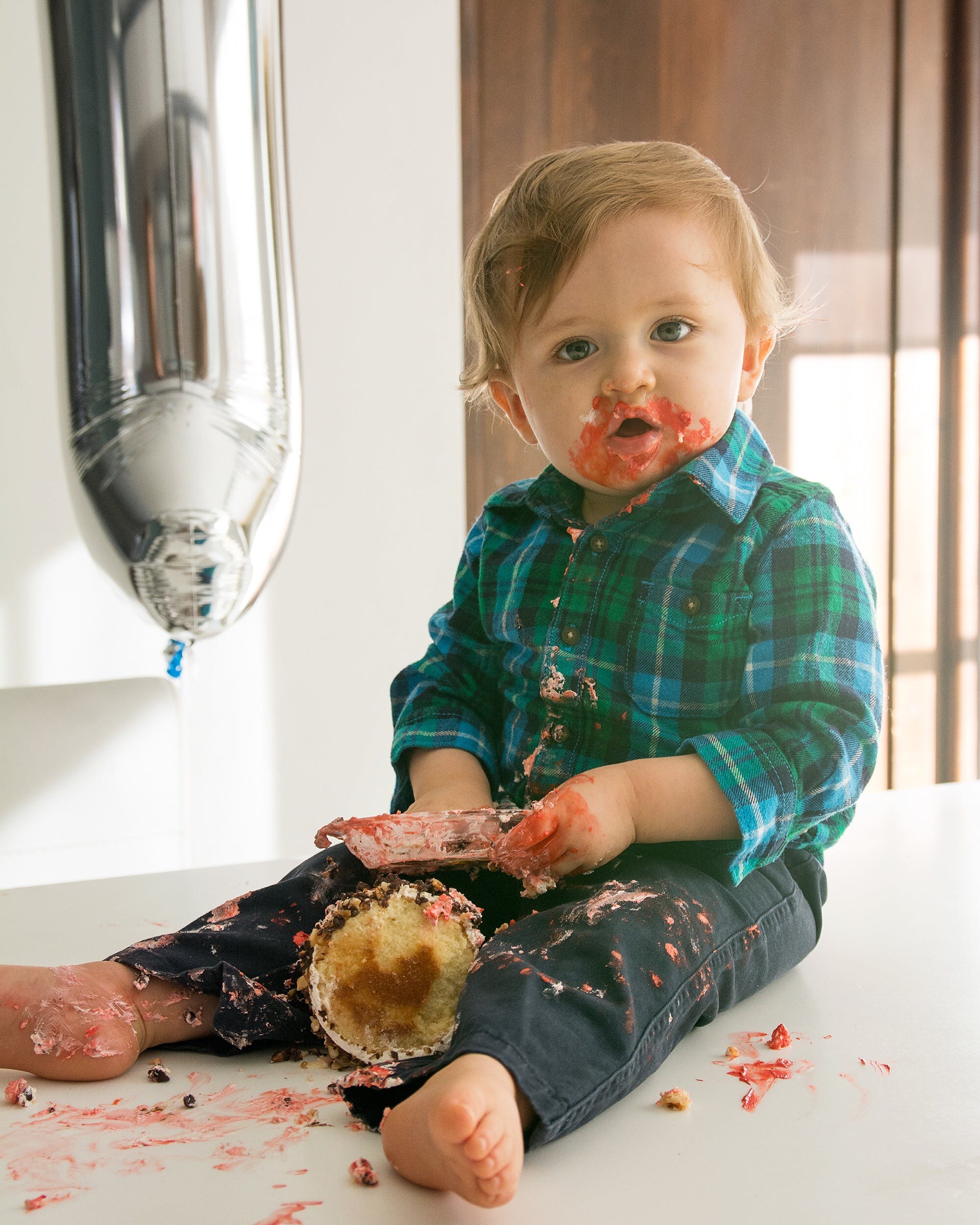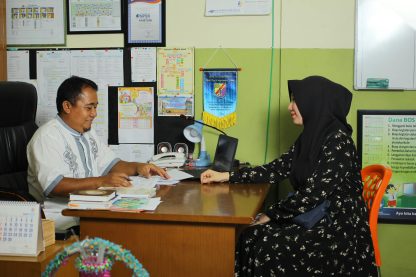Finding a trustworthy and responsible babysitter is essential for parents who need to leave their children in the care of another individual. However, it can be challenging to determine what age is appropriate for a babysitter to look after your children. Parents may wonder if a teenage babysitter is mature enough to handle the responsibilities that come with caring for young children. Setting age-appropriate guidelines for babysitters is crucial to ensure the safety and well-being of your children while you are away.
Table of Contents
Safety Measures for Babysitters
One of the most important aspects of setting age-appropriate guidelines for babysitters is ensuring that they are capable of keeping your children safe. Babysitters should be aware of basic safety measures, such as childproofing the home, supervising children at all times, and knowing how to handle emergencies. It is essential to provide babysitters with a list of emergency contacts, including phone numbers for parents, neighbors, and emergency services. Additionally, babysitters should be trained in basic first aid and CPR in case of an emergency.
On-Demand Childcare in Your Neighborhood
Book a Sitter
Age-Appropriate Responsibilities
The responsibilities assigned to a babysitter should be appropriate for their age and maturity level. Younger babysitters may be better suited for shorter periods of time with older children who do not require constant supervision. Older babysitters may be capable of handling more responsibility, such as preparing meals, helping with homework, and putting children to bed. It is essential to clearly communicate expectations to the babysitter and ensure that they feel comfortable carrying out their responsibilities.
Emergency Procedures
In case of an emergency, babysitters should know how to handle the situation calmly and efficiently. Parents should provide babysitters with detailed instructions on what to do in the event of a fire, injury, or other emergency. Babysitters should know the location of emergency exits, fire extinguishers, and first aid supplies in the home. Parents may also want to consider providing babysitters with a medical release form, so they can seek medical attention for the child if necessary.

Child Development Knowledge
Babysitters should have a basic understanding of child development to effectively care for children of different ages. They should be aware of age-appropriate activities, games, and behaviors for children in their care. Babysitters should also know how to communicate with children in a positive and respectful manner.
It is essential for babysitters to be patient, compassionate, and understanding when working with children.
Communication Skills
Effective communication is key to a successful babysitting experience. Babysitters should be able to communicate with parents, children, and other caregivers in a clear and professional manner. Parents should provide babysitters with a list of household rules, schedules, and important information about the children in their care. Babysitters should also feel comfortable asking questions and seeking clarification on any issues that may arise. Open and honest communication between parents and babysitters is essential to ensure the well-being of the children.
In conclusion, setting age-appropriate guidelines for babysitters is essential for ensuring the safety and well-being of your children while you are away. By establishing clear expectations, providing training in safety measures and emergency procedures, and promoting effective communication, parents can help their babysitters succeed in their role. Ultimately, parents should feel confident in their choice of babysitter and trust that their children are in good hands.










